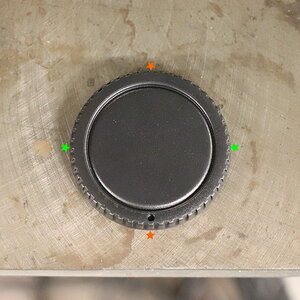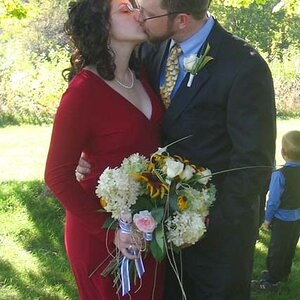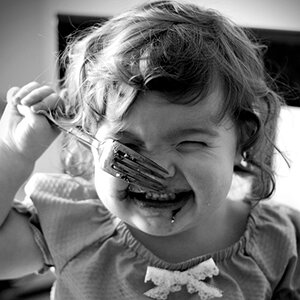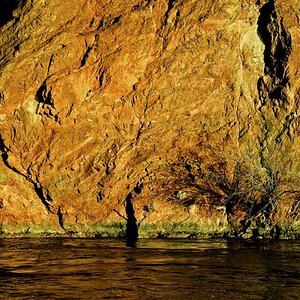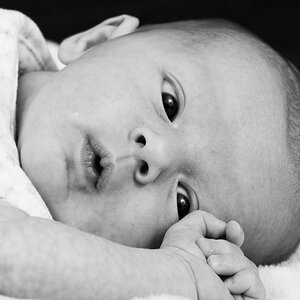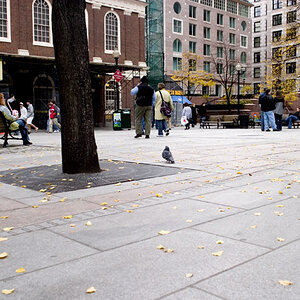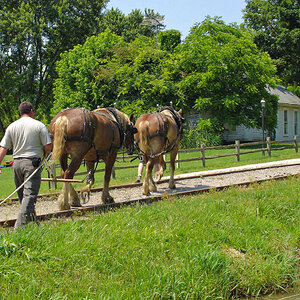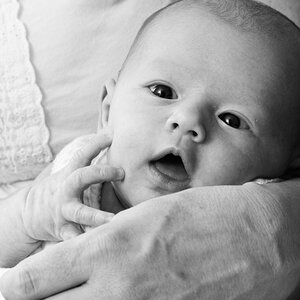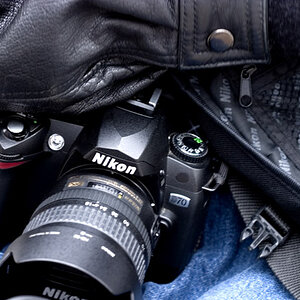Pure
TPF Noob!
- Joined
- Oct 22, 2008
- Messages
- 421
- Reaction score
- 1
- Can others edit my Photos
- Photos NOT OK to edit
I looked around, and couldn't find any recent topics on this.
Only in the past few years have I become a digital shooter. First my D40 and now a D90.
But my question is:
Should a photographer apply post processing to an image?
This EXCLUDES CROPPING and RESIZING.
I personally believe that photography is a moment in time and should be treated as such. It should be left as it is captured and not changed. However, many people disagree with me and they apply saturation changes, smooth, and change the photography from what it truly was. This applies to consumer, hobby, and professional photography.
Post-processing, yes or no?
Only in the past few years have I become a digital shooter. First my D40 and now a D90.
But my question is:
Should a photographer apply post processing to an image
This EXCLUDES CROPPING and RESIZING.
I personally believe that photography is a moment in time and should be treated as such. It should be left as it is captured and not changed. However, many people disagree with me and they apply saturation changes, smooth, and change the photography from what it truly was. This applies to consumer, hobby, and professional photography.
Post-processing, yes or no?



